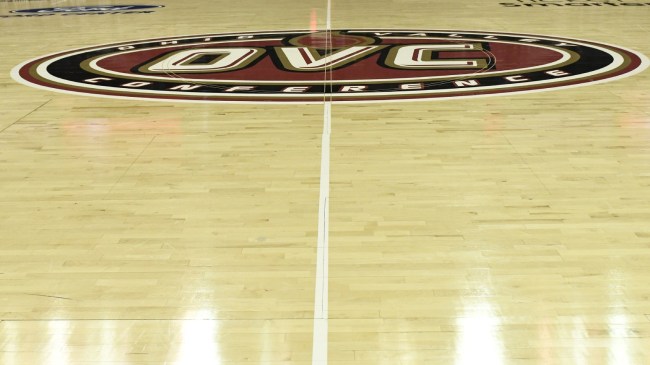
Getty Image
The Southern Indiana women’s basketball team has been flat out dominant on the court this season, ripping off 24 wins and taking home an OVC Tournament championship. For every other conference affiliate, that would be enough to land a spot in the Big Dance.
The Screaming Eagles were unstoppable in league play, winning 17 of 18 games against conference foes in the regular season. They continued on to dispatch Southeastern Missouri, Eastern Illinois, and UT Martin in the OVC Tournament as the No. 1 seed.
SIU flexed its muscle in impressive fashion in the championship game, dismantling UT Martin 81-53.
That conference tournament title results in an automatic March Madness bid for most, but a snub for the Eagles. The program transitioned to Division I from Division II in 2022, which makes them ineligible for NCAA Tournament play their first four seasons in the OVC.
Instead, second-place finisher UT-Martin gets the bid to the Big Dance – at 16-16!
Instead of having an opportunity to compete for a national title, Southern Indiana will play in the WNIT. They’ll enter that postseason tournament on a 10-game winning streak.
It’s not the first time we’ve seen the rule disqualify a conference champion from NCAA Tournament play.
Fairleigh Dickinson took down No. 1 Purdue as a 16-seed last March, pulling the upset of the men’s tournament in 2023. Had it not been for this transition rule, though, they wouldn’t have even made the field!
Merrimack actually won the conference title but was ineligible just like Southern Indiana.
Fans have been hoping to see the transition rule disappear given these recent instances, with the SIU situation riling followers up once again.
Here’s the immediate social media reaction.
“Dumbest rule in sports!”
“Can we please get rid of the transition rule?”
“Having a .500 team take a conference champion’s spot makes no sense.”
Unfortunately, the Screaming Eagles could run into the same situation next year, too as they still have time before gaining that NCAAT eligibility.